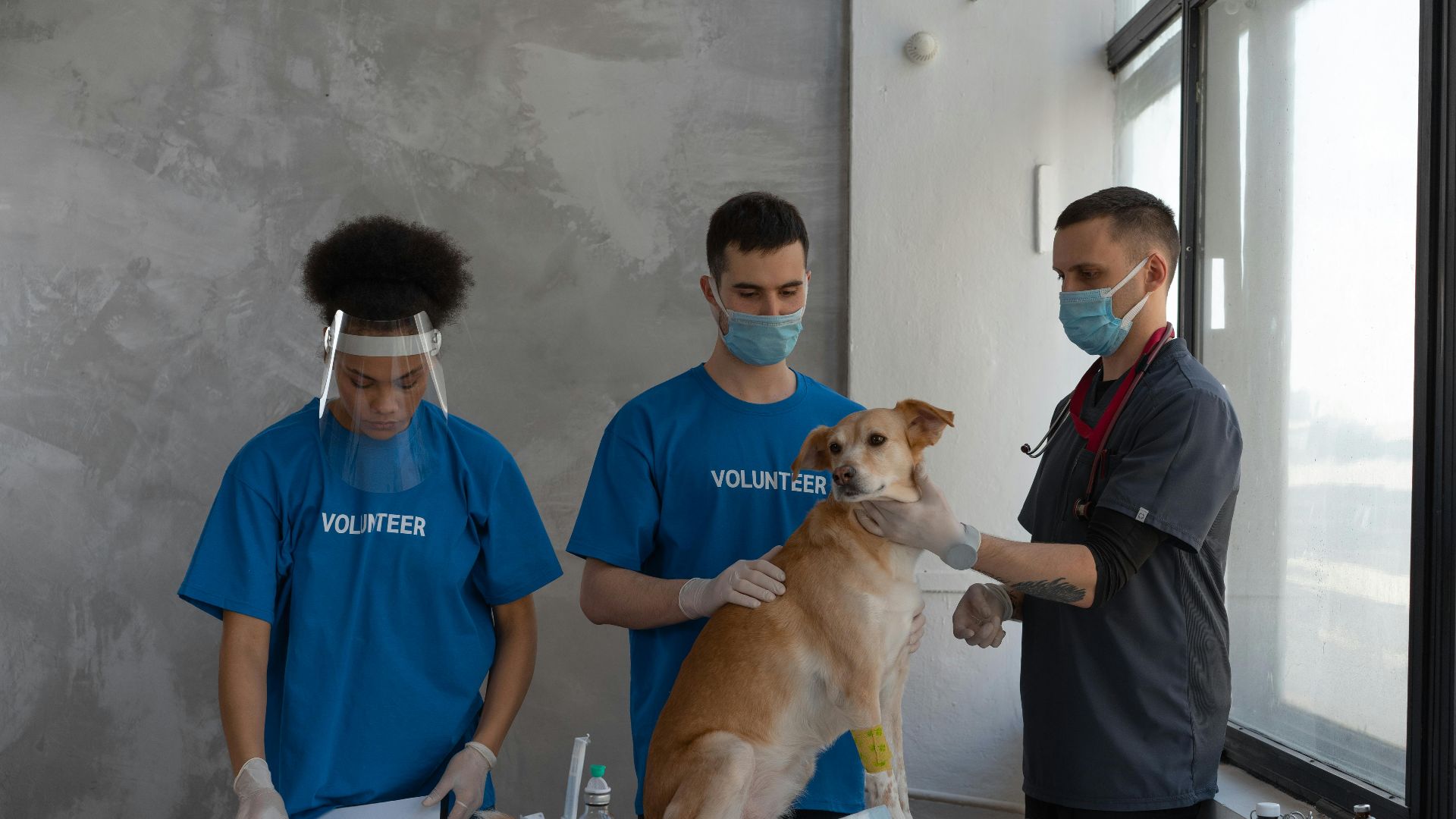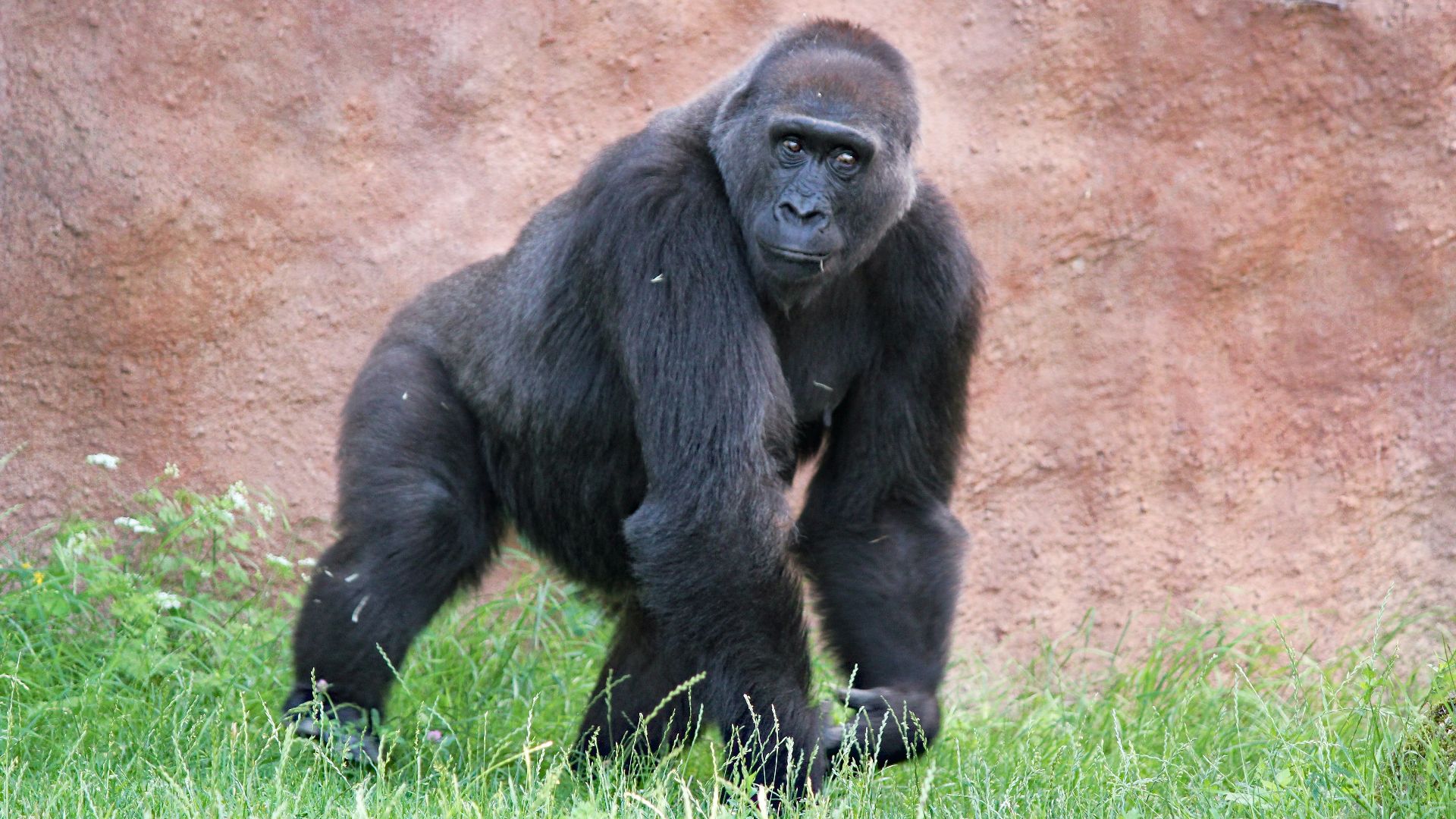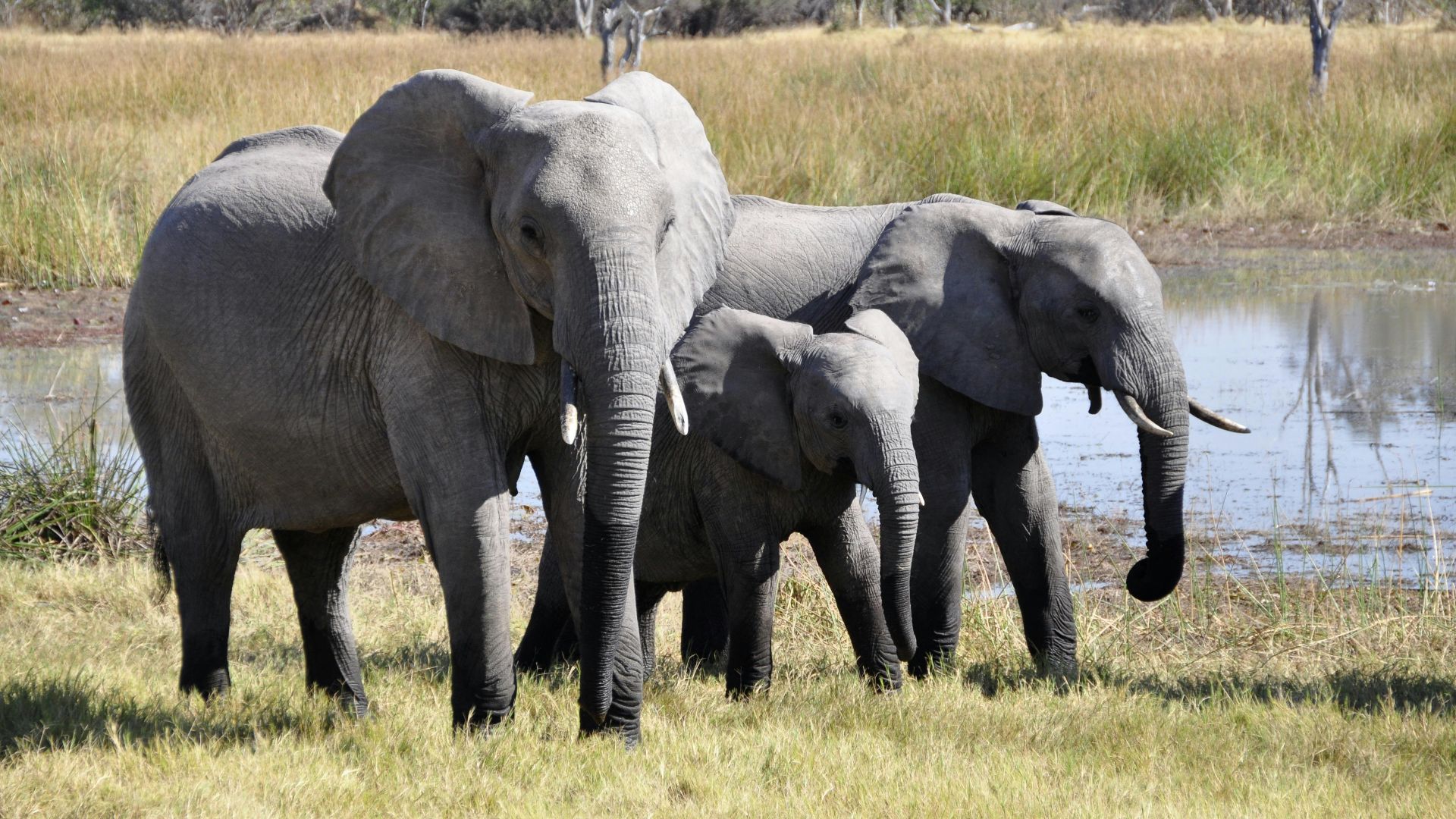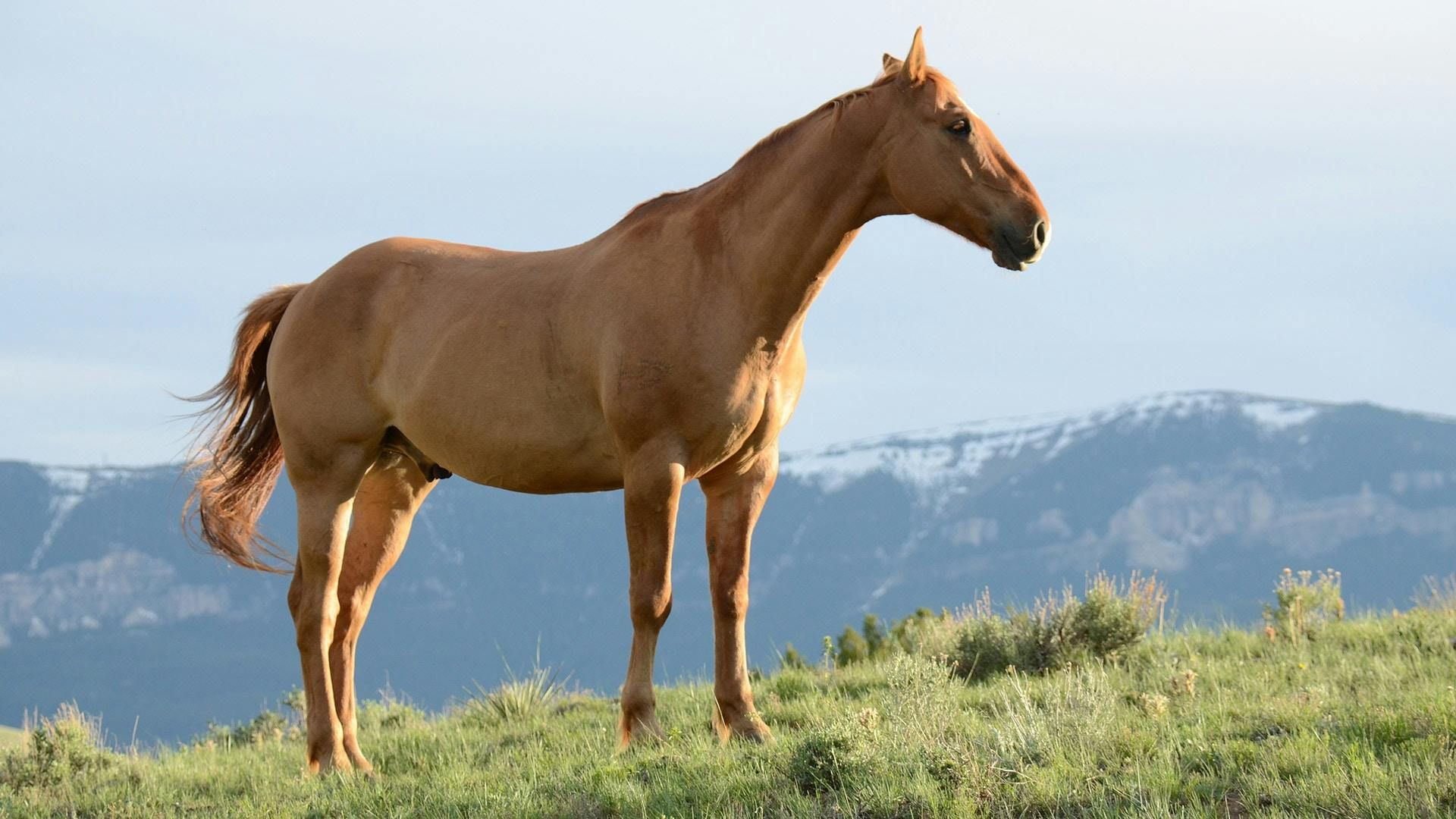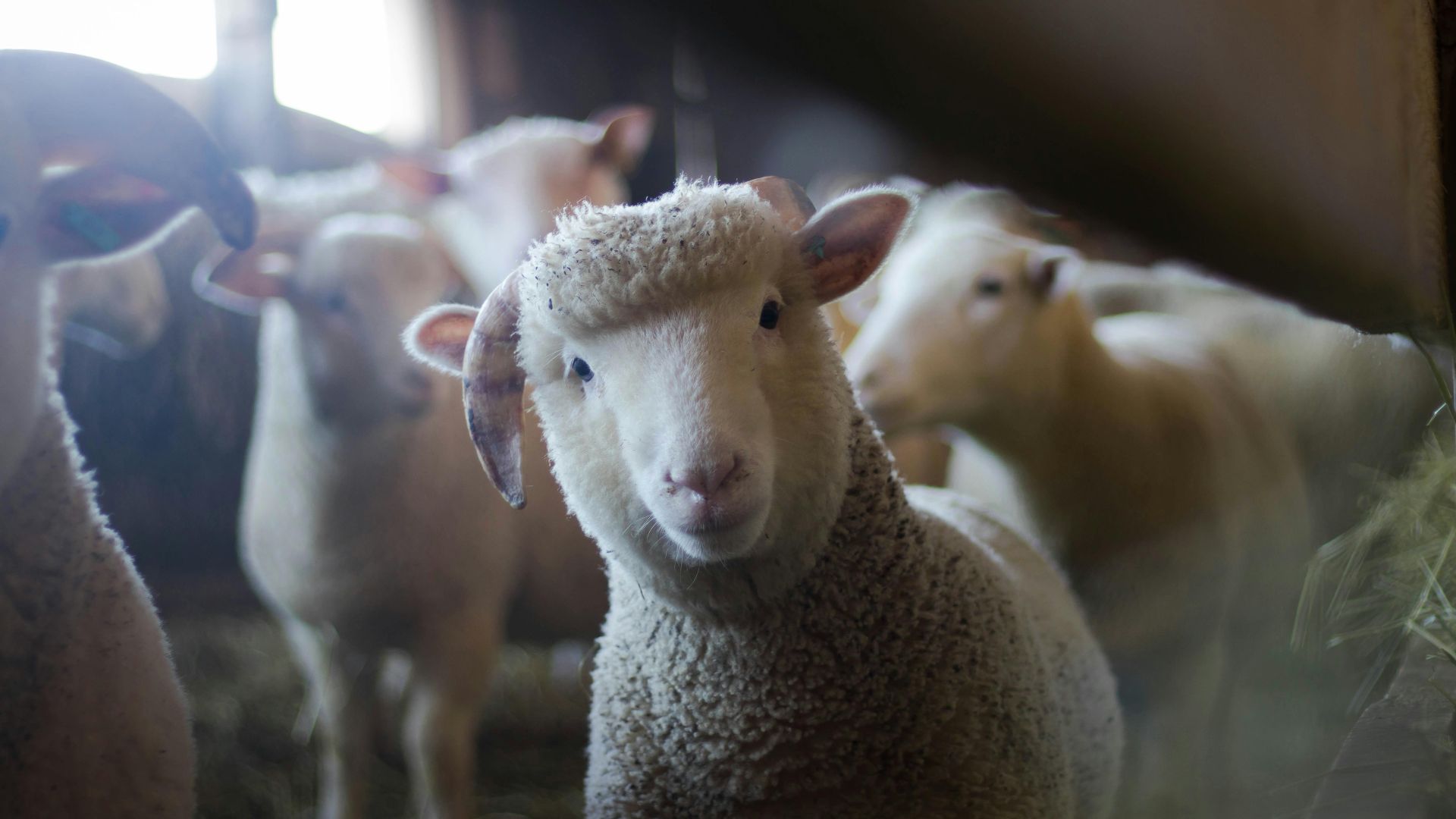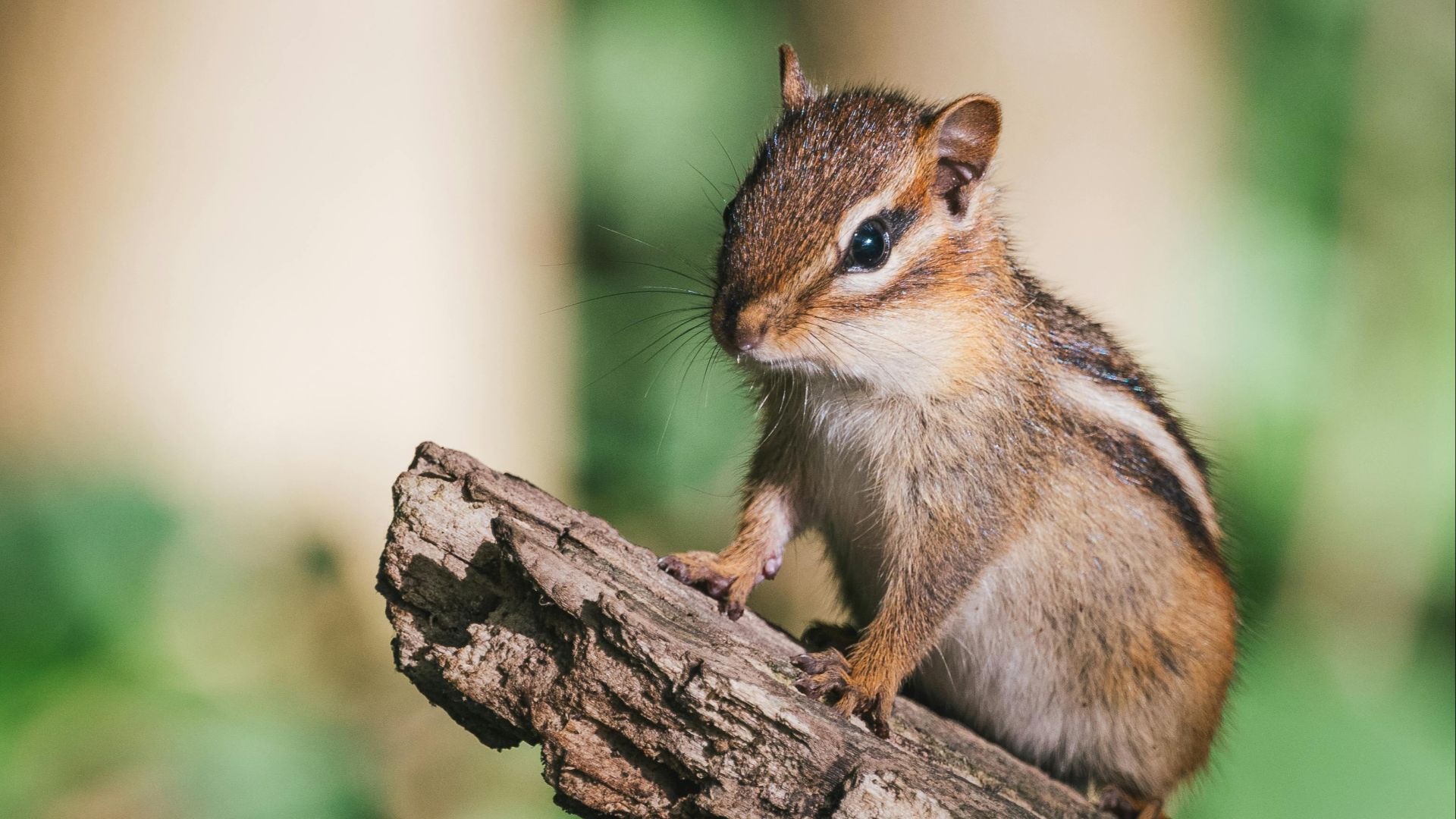Understanding Illness in Animals
Animals, just like humans, face their own health challenges, and sometimes in ways you might not expect. It's easy to assume that their well-being is simple to manage, but many creatures experience complex conditions that oftentimes mirror our own. Despite may think about our differences with animals, here are 10 completely unexpected illnesses that afflict our friends in the animal kingdom.
1. Heart Disease in Great Apes
Heart conditions are common in great apes, especially gorillas and chimpanzees. These primates can suffer from heart issues that often go undetected without proper care. Regular screenings and medical care are essential to ensure these incredible creatures live longer, healthier lives.
2. Diabetes in Domestic Cats
Did you know cats can develop diabetes just like humans? This condition often stems from poor diet and lack of exercise. Watch for signs like excessive thirst or weight loss, and take steps to prevent it by controlling portions, encouraging active play, and keeping up with regular vet visits.
3. Cancer in Tasmanian Devils
Tasmanian devils have been greatly affected by Devil Facial Tumor Disease (DFTD), leading to a dramatic decline in their population since 1996. Spread through biting, this disease has pushed conservationists to develop vaccines. Their survival now hinges on medical advancements and protective efforts.
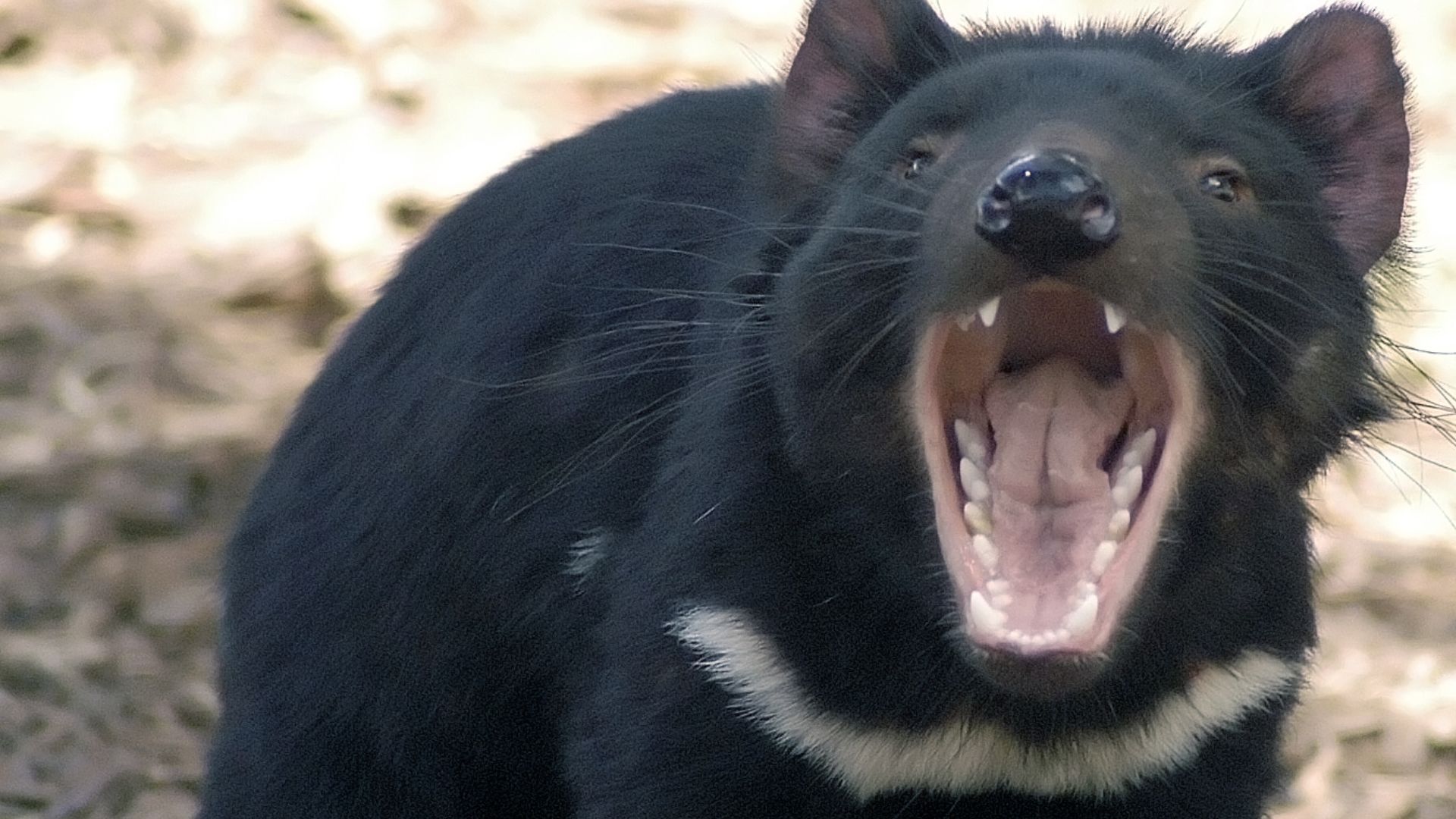 Wayne McLean ( jgritz) Taken with Nikon D100. on Wikimedia
Wayne McLean ( jgritz) Taken with Nikon D100. on Wikimedia
4. Arthritis in Elephants
Elephants, particularly those in captivity, often develop arthritis as a result of the strain their large size puts on their joints. This can lead to reduced mobility and chronic discomfort. Offering spacious environments and physical therapy can go a long way in easing their pain and improving their overall well-being.
5. Respiratory Infections in Horses
Horses are no strangers to respiratory illnesses like Equine Influenza, which causes fever, coughing, and nasal discharge. These airborne diseases spread rapidly in stables. But with the right vaccinations and proper ventilation, you can help your horse stay healthy and keep them galloping strong.
6. Kennel Cough in Dogs
This contagious respiratory disease spreads quickly in places like kennels or dog parks. It causes a persistent, dry cough by affecting the trachea and bronchi. While it’s not usually fatal, untreated kennel cough can lead to pneumonia in puppies or senior dogs. So, early care is essential.
7. Leptospirosis in Reptiles and Mammals
Leptospirosis is a bacterial infection that affects animals like dogs, cats, and reptiles, spreading through contact with infected urine or water. The symptoms can start off mild but may progress to severe problems like kidney damage. Due to its zoonotic nature, it can also infect humans, which is why proper hygiene is key for prevention.
8. Anthrax in Livestock
For grazing animals like cattle and goats, anthrax is a deadly bacterial disease that can strike unexpectedly. The spores lie dormant in the soil for decades, waiting for the right moment. Activities like overgrazing or soil disruption can awaken these spores, causing sudden outbreaks that lead to severe illness and significant losses.
9. Psittacosis in Birds
Also known as "parrot fever," psittacosis affects parrots, pigeons, and other birds. It causes respiratory distress and spreads to humans via bird droppings or secretions, often resulting in flu-like symptoms or pneumonia. Regular cage cleaning and veterinary care help keep birds and owners safe.
10. Mammary Tumors in Rodents
Rats and mice are prone to mammary tumors, which can grow rapidly along their underbellies. While many tumors are benign, surgical removal is often necessary. This condition mirrors certain cancer risks in humans, and highlights shared vulnerabilities between species.


